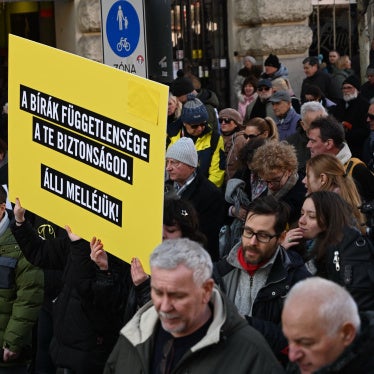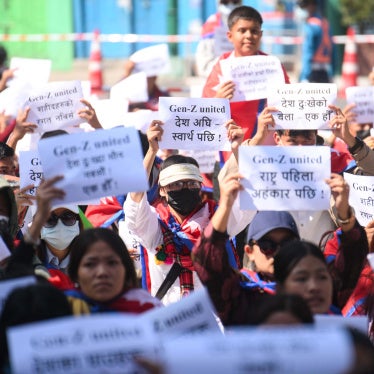WASHINGTON - For some time, President Vladimir Putin has been saying that Russia should be considered a potential member of NATO. In Rome this Tuesday he may be getting an even better deal: a seat at the main decision-making table, with the prospect of many of the rights but none of the responsibilities of NATO membership.
Bringing Russia closer to NATO is a necessary part of building a Europe whole and free. But the partnership will make sense only if NATO uses it to address differences with Russia, including over the conduct of its forces in Chechnya, that challenge the alliance's core values and objectives.
If NATO does that in a forthright way, holding Russia to the criteria that the alliance expects all its close partners to meet, then it will contribute to positive change in Russia. If the alliance is silent, then it is Russia that will have changed NATO.
NATO has based its post-Cold War expansion in part on a commitment to promote democracy and the rule of law. It is "determined," in the words of its 1999 Washington Declaration, to "stand firm against those who violate human rights." Yet it is elevating to "equal partnership" a country which, despite great democratic strides, is waging a war still characterized by massive violations of human rights.
Russia's actions in Chechnya have claimed far more civilian lives than the atrocities that NATO intervened to stop in Kosovo.
Russia's failure to distinguish between civilians and combatants in Chechnya has, in the words of the U.S. State Department, "created an environment favorable" to terrorism.
It has also taught many thousands of Russian officers and conscripts that killing civilians carries no price. The more joint military and peacekeeping operations NATO and Russia conduct, the more this Russian problem will become NATO's problem as well.
A smaller country with similar shortcomings would not have been elevated to such a high status in NATO. Croatia, for example, was not even allowed to join NATO's Partnership for Peace until it started holding accountable the members of its armed forces who were implicated in war crimes.
Slovakia's efforts to join NATO were rebuffed while its leaders were harassing political opponents. Putin is gaining influence in the alliance as the last of Russia's independent radio and television stations come under attack.
Poland strengthened its case for NATO membership by supporting democracy and the rule of law in Ukraine and Belarus. Russia has been allied with a leader in Belarus whom the United States has accused of using death squads.
Of course, Russia is not the Soviet Union. It has made progress in building a democratic, civil society that should put cynics about its destiny to shame. Unconditionally shutting it out would defeat the purpose of NATO's eastward enlargment. NATO would be saying that the community of nations in which democracy and respect for human rights are the norm, so often misnamed "the West," really does have a fixed eastern frontier, a frontier that starts at Russia's doorstep. But NATO should not become the organization that many Russians have wanted it to become - what Mikhail Gorbachev described a decade ago as a "common European home," an amorphous institution that includes everyone and imposes obligations on no one.
So even as it celebrates the new partnership, NATO should not be afraid to raise the hard issues, repeatedly and directly, with Russian diplomats and soldiers: demanding progress on criminal investigations of military abuses in Chechnya, urging access for international monitors and organizations, making sure that there is no direct alliance cooperation with Russian units and officers implicated in atrocities. NATO should certainly not be afraid to hold Russia to the same democratic standards as, say, Latvia and Bulgaria.








